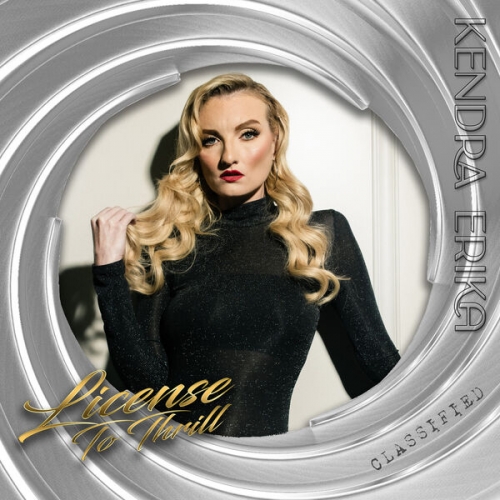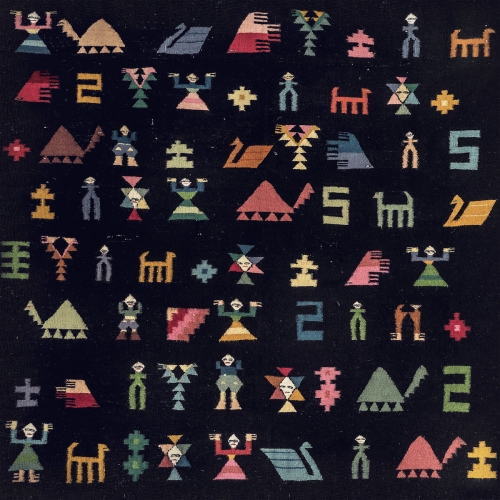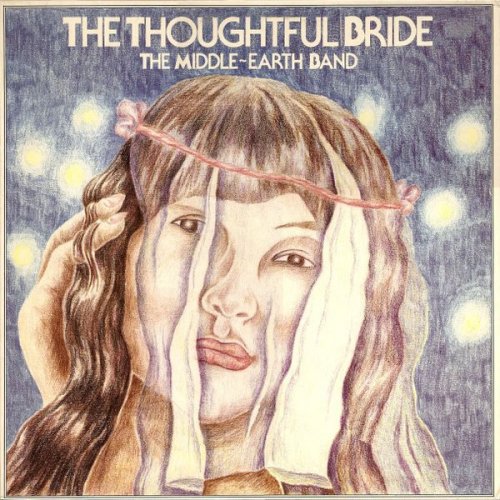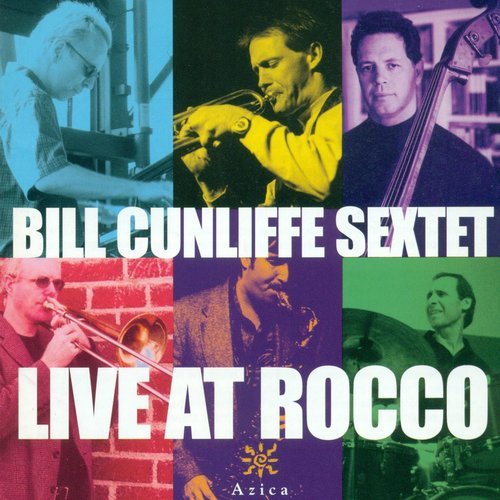Haley Reinhart - What's That Sound? (2017) [Hi-Res]

Artist: Haley Reinhart
Title: What's That Sound?
Year Of Release: 2017
Label: Concord Records
Genre: Soul, Jazz, Pop
Quality: flac 24bits - 96.0kHz +booklet
Total Time: 00:46:30
Total Size: 1101 mb
WebSite: Album Preview
TracklistTitle: What's That Sound?
Year Of Release: 2017
Label: Concord Records
Genre: Soul, Jazz, Pop
Quality: flac 24bits - 96.0kHz +booklet
Total Time: 00:46:30
Total Size: 1101 mb
WebSite: Album Preview
-----------
01. Let's Start
02. Baby It's You
03. For What It's Worth
04. The Letter
05. Can't Find My Way Home
06. White Rabbit
07. Somewhere In Between
08. Oh! Darling [feat. Scott Bradlee]
09. Sunny Afternoon [feat. Scott Bradlee]
10. You Showed Me
11. Words Of Love [feat. Scott Bradlee]
12. Bring The Love Back Home [feat. Casey Abrams]
13. Time Of The Season [feat. Casey Abrams]
14. These Boots Are Made For Walkin'
Singer/songwriter Haley Reinhart will release What’s That Sound?, her debut release for Concord Records, where she recently signed as a recording artist. The album finds Reinhart digging into her rich musical heritage and reimagining some of rock-and-roll’s most legendary songs.
Hailing from the Chicago area, Reinhart has previously shown her rare gift as a song interpreter with her certified-gold remake of Elvis Presley’s “Can’t Help Falling in Love” (a 2015 release whose video has amassed over 20 million YouTube views). The L.A.-based 26-year-old has also emerged as the leading artist on Scott Bradlee’s Postmodern Jukebox, with her jazzed-up versions of tracks like Radiohead’s “Creep” earning more than 112 million views to date.
What’s That Sound? features 11 renditions of classic songs from the 1960s, as well as three original tracks from Reinhart. A captivating vocalist who started singing in her parents’ rock band when she was just seven, Reinhart purposely honed in on songs originally released between 1966 and 1969.
“There is an undeniable connection between the late ’60s and now,” says Reinhart. “They’re both turbulent, yet hopeful times. As I thought of what songs I’d like to reinterpret, I wanted to bring these similarities to the forefront. I also feel the urge to spread the revolutionary idea of people coming together through love and music.”
In co-producing What’s That Sound? with GRAMMY Award-winner John Burk, Reinhart stayed remarkably authentic to the sonic landscape of the ’60s. Made at the historic Sunset Sound, the album was recorded to tape in order to achieve a warm, vibrant feel true to the era. According to Reinhart, the thrill and challenge of analog recording brought a potent energy to the production of What’s That Sound?.
“We recorded each song live as a band and there’s something special that happens when everyone’s all grooving together like that,” says Reinhart. “There’s no way to replicate the feeling—so even though I thought I’d go back and re-cut the vocals later on, I ended up keeping most of the raw takes. I think it really fits this record and reflects my roots.”
Mixed by Bill Schnee (a GRAMMY winner known for his work with Marvin Gaye, Rod Stewart, and Steely Dan), What’s That Sound? was also recorded using solely vintage instruments. Much of that gear was personally supplied by Reinhart’s lineup of veteran musicians, a cadre that includes her father (Harry Reinhart) on guitar and her mother (Patti Miller-Reinhart) on backup vocals.
Also joining Reinhart on What’s That Sound? is her Postmodern Jukebox collaborator Scott Bradlee, who plays piano on her masterful covers of The Beatles’ “Oh! Darling,” The Kinks’ “Sunny Afternoon,” and The Mamas & The Papas’ “Words of Love.” In addition, Reinhart’s longtime musical cohort Casey Abrams appears as a vocalist and bassist on her glorious update of The Zombies’ “Time of the Season,” Nancy Sinatra’s “These Boots Are Made For Walkin’” and her anthemic original “Bring the Love Back Home.”
Right from its first featured cover, What’s That Sound? shows the full force of Reinhart’s formidable vocal work. A longtime staple of her live set, “Baby It’s You” proves her knack for powerful belting. Although the song was originally recorded by The Shirelles, Reinhart’s horn-backed and sweetly gritty version draws inspiration from a rendition by blues/psych-rock band Smith—a track that, in a serendipitous twist, was mixed by Bill Schnee back in 1969.
![Pasquale Cataldi - Maybe (2026) [Hi-Res] Pasquale Cataldi - Maybe (2026) [Hi-Res]](https://www.dibpic.com/uploads/posts/2026-02/1771154794_shtkhljffl929_600.jpg)
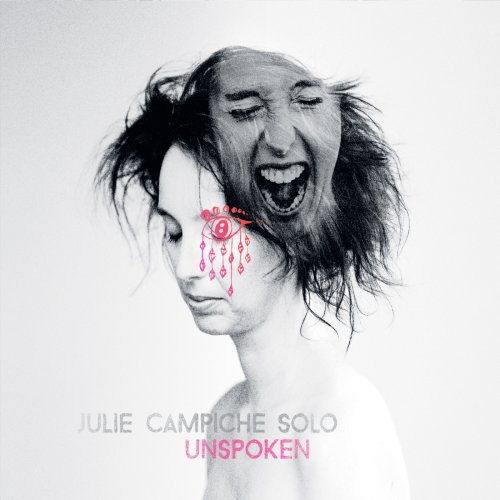
![Terrace Martin & Calvin Keys - The Near North Side (2026) [Hi-Res] Terrace Martin & Calvin Keys - The Near North Side (2026) [Hi-Res]](https://www.dibpic.com/uploads/posts/2026-02/1771141377_b80maiy5ke658_600.jpg)

